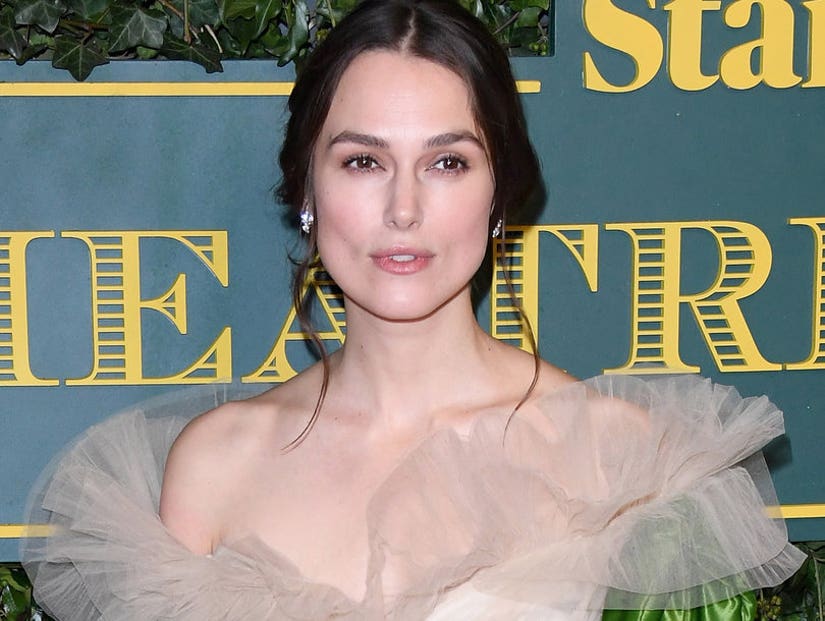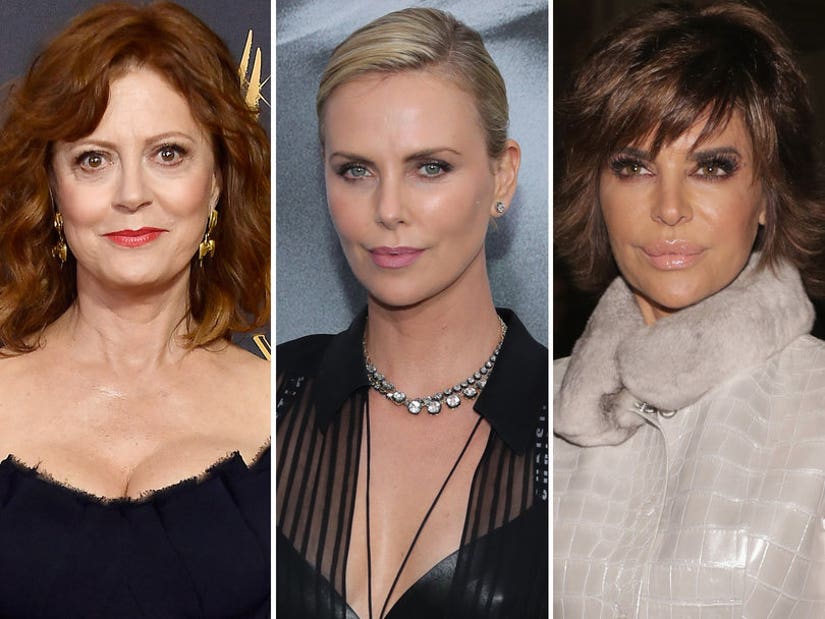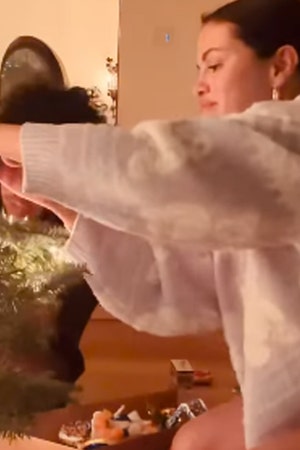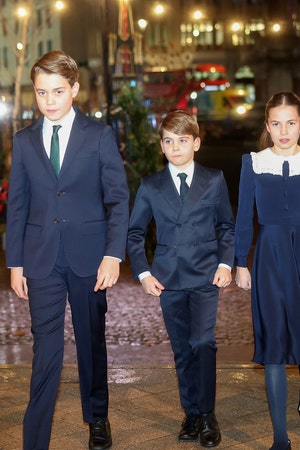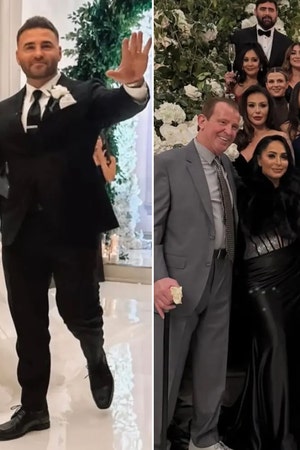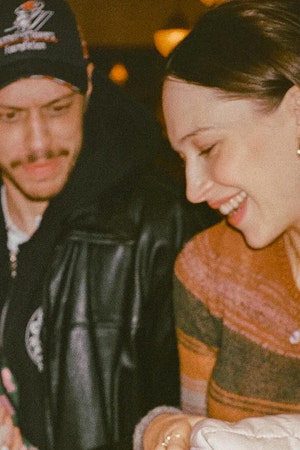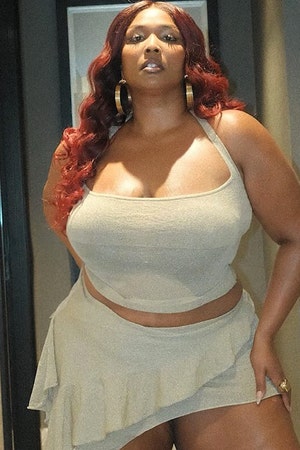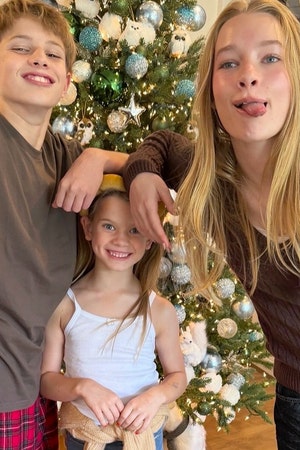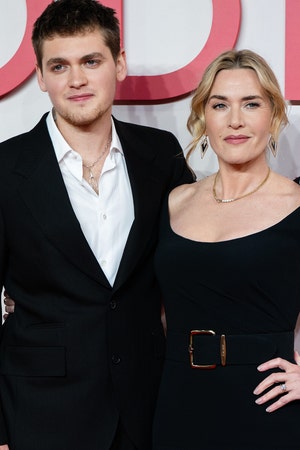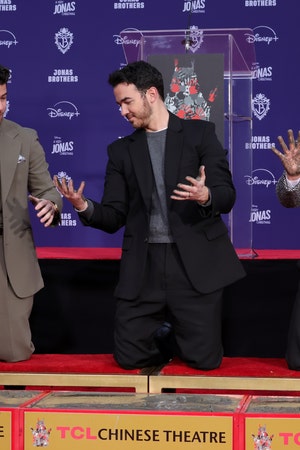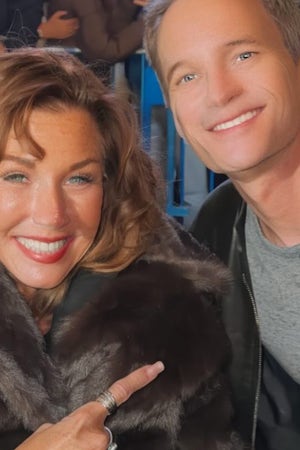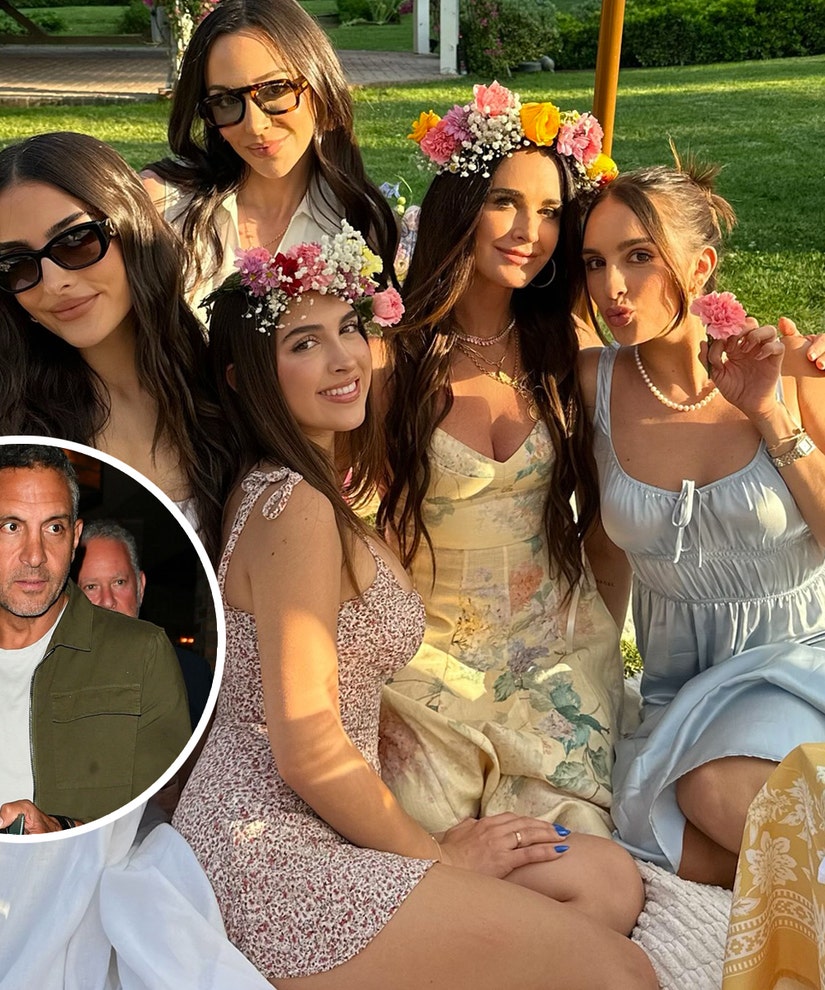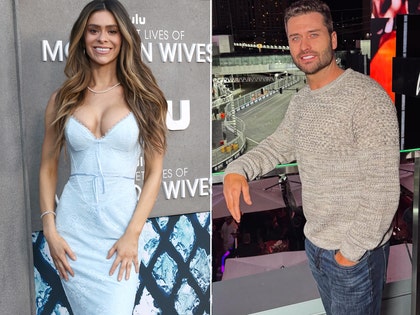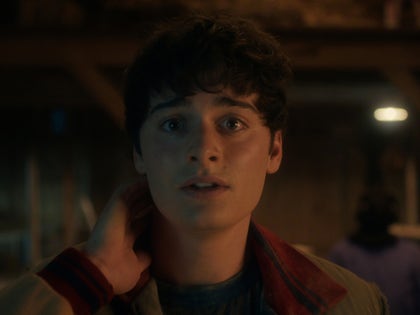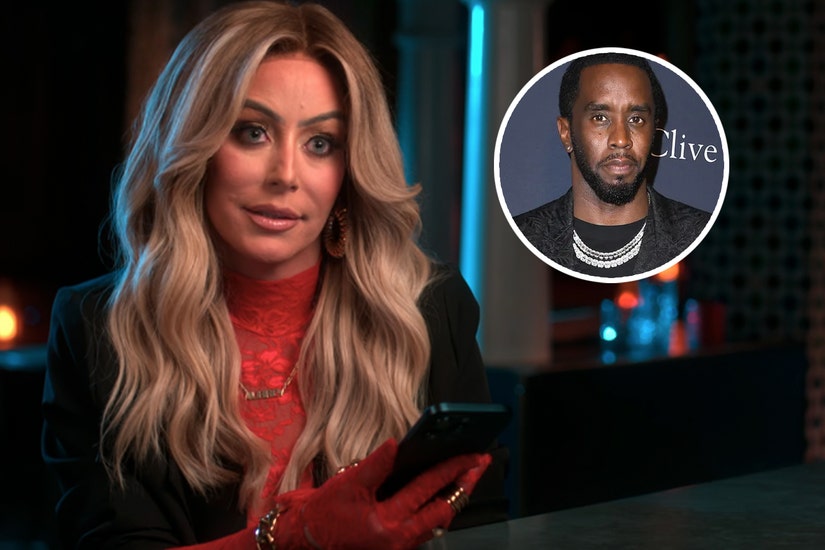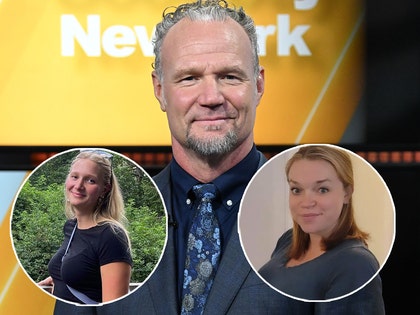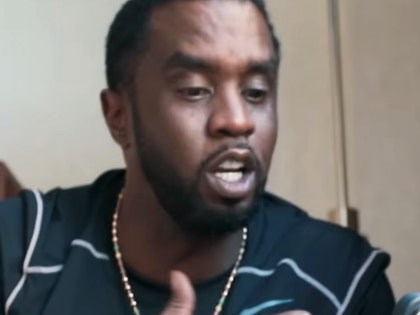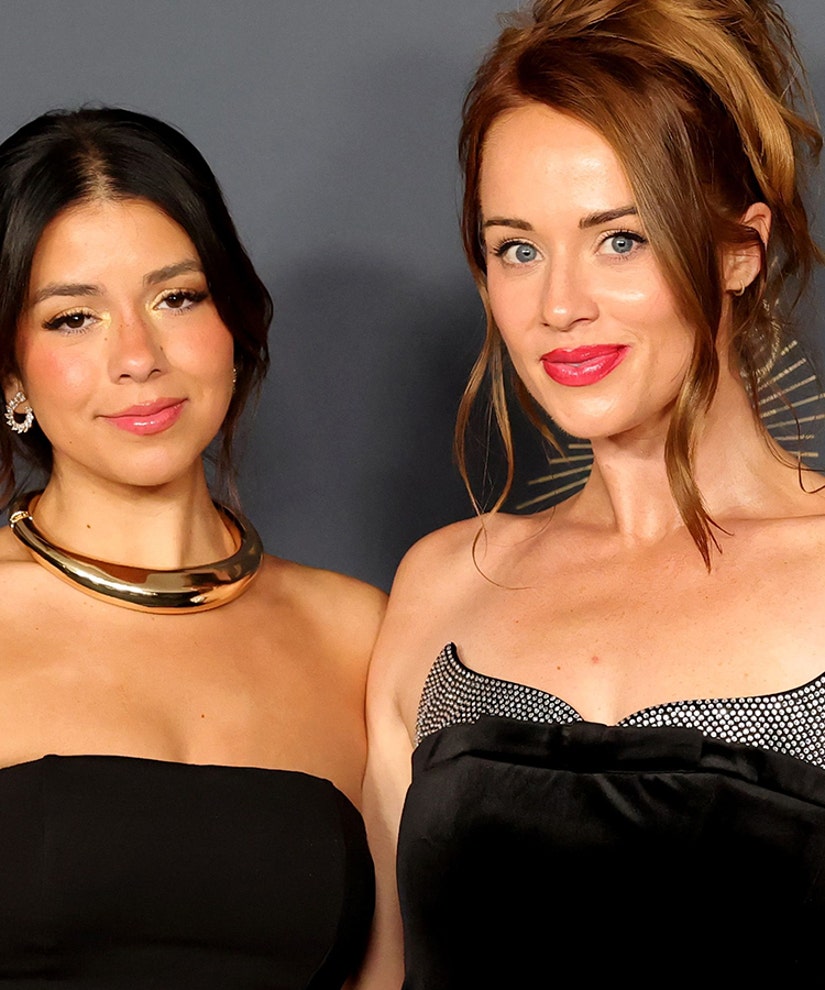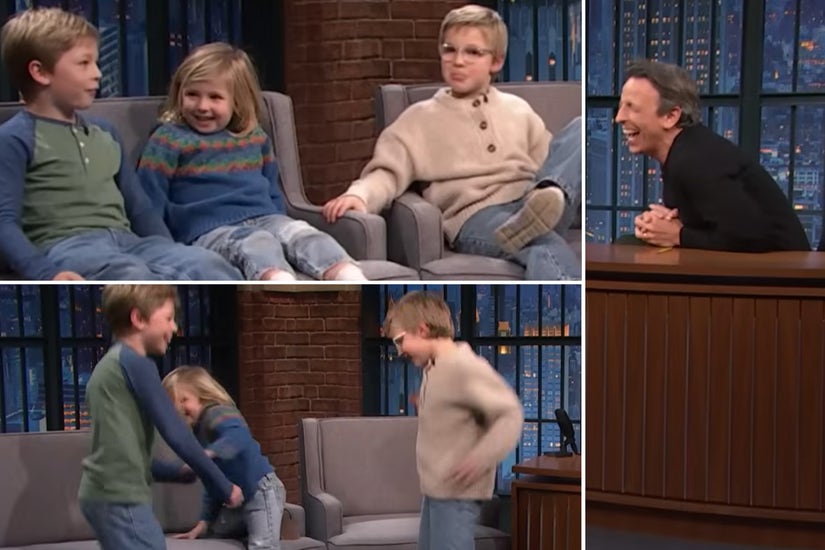Keira Knightley is well known for her period pieces, and it turns out there's a reason she has a tendency to look to the past for her film roles.
The "Colette" star told Variety, "I don't really do films set in the modern-day because the female characters nearly always get raped."
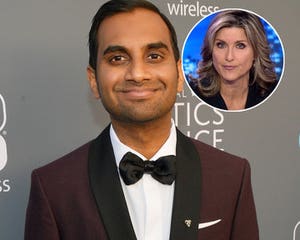 HLN
HLN
Ashleigh Banfield Divides Internet by Shredding Aziz Ansari's 'Appalling' Accuser: 'Bravo,' 'Disgusting'
View StoryShe doubled down on the statement, even while saying that she is seeing some improvements. "I'm suddenly being sent scripts with present-day women who aren't raped in the first five pages and aren't simply there to be the loving girlfriend or wife."
In the cover story, Knightley tackled a wide array of topics, including her frustrations with women's roles, how the #MeToo movement has impacted her, her relationship with Harvey Weinstein, thoughts on coming to television, and what she hopes for the future of women in the industry.
Below are five more highlights:
Making the Move to Television
While disparaging the "rape culture" of modern female characters in film, Knightley conceded that she was inspired by many of the strong female characters on television. But would she ever consider making the shift herself, as many of her movie star compatriots have?
"I intend to," she said, while admitting that the long-form structure is a challenge for her.
"Quite often you're only sent the first script and you're not sent the rest of the series. Maybe they haven't written them, but I find it to be a difficult concept," she admitted. "At some point, I'm just going to have to dive in and give it a go. I'm going to go wherever the great roles are."
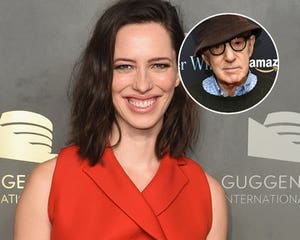 Getty
Getty
Rebecca Hall Donates Salary From Woody Allen Film to Time's Up
View StoryHarvey Weinstein Didn't Harass Her
Knightley also spoke about her long working relationship with fallen entertainment mogul Harvey Weinstein, saying that she never experienced any harassment at his hands, nor did she know anything about his alleged history of sexual harassment and assault.
"I was aware of his reputation of being a bully," she conceded. "He was famous for phoning people in the middle of the night and screaming at them. He didn't do that to me, and he certainly never asked me for massages or anything like that."
She went on to say she's been fortunate to have never experienced harassment professionally, but it has happened in her personal life.
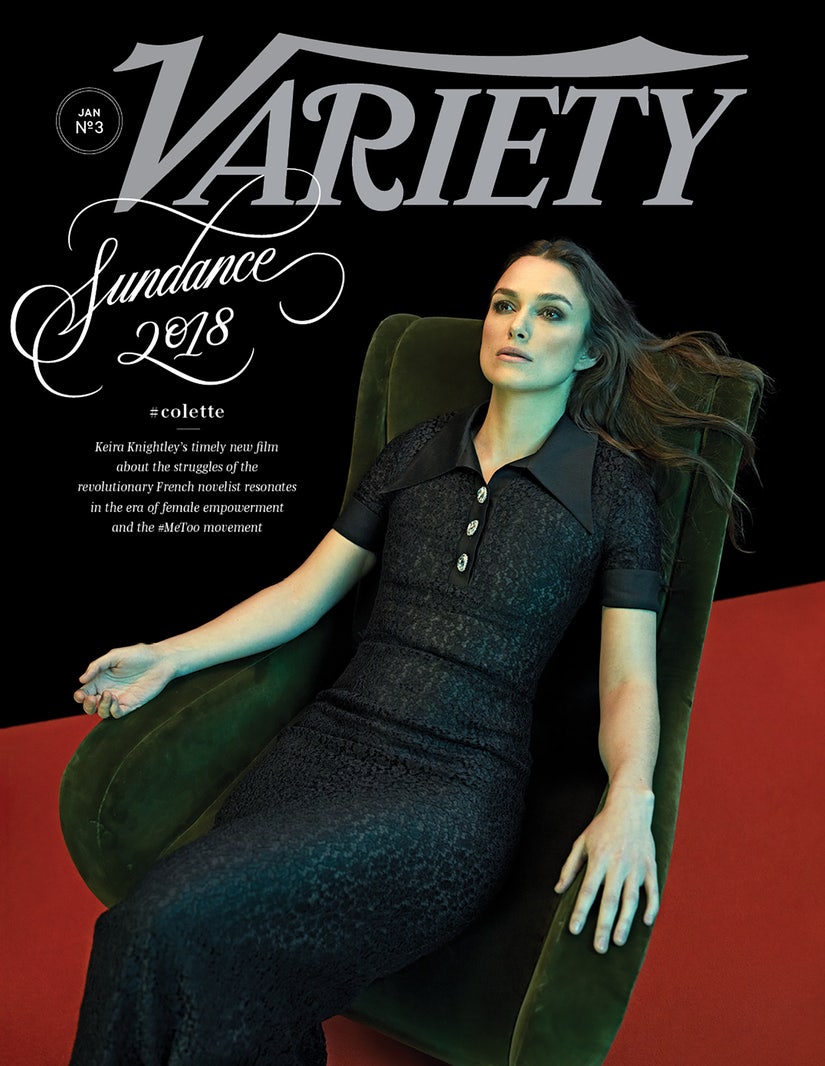
Nadav Kander
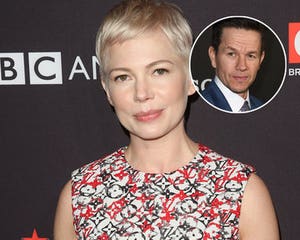 Getty
Getty
Hollywood Furious Michelle Williams Made 1 Percent of Mark Wahlberg's $1.5 Million Pay Day for Same Movie
View StoryWomen Started Talking About Harassment
The #MeToo movement opened her eyes to just how pervasive sexual harassment is. "I was sitting with friends who weren't in the industry, and there wasn't one of us who hadn't been assaulted at some point," she revealed. "We'd never had that conversation before. That was an eye-opener."
Women opening up and talking about their experiences, and making them public, is one of the strongest components of the #MeToo movement, forcing harassers into the light to face up to what they've done, and making it harder from them to ever do it again.
"For too long, you really did go, 'Oh, this is just normal.' It's terrifying that was our response," Knightley said. "It must have been awful for all of those brave women who have come forward and spoken publicly about their experiences. There's been a lot of pain and a lot of suffering."
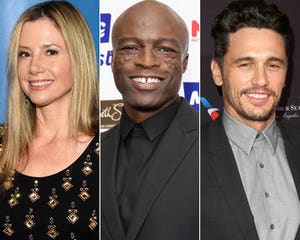 Getty
Getty
Today in Hollywood Harassment: Mira Sorvino Apologizes to Dylan Farrow, Seal Calls Oprah 'Part of the Problem'
View StoryBattling Gender Bias in Media
While Hollywood is under the spotlight for its unequal treatment of men and woman, Knightley wanted to make sure the media wasn't left out of the conversation, calling the fourth estate out for the types of questions she sees.
"Why don't journalists ask men how they balance their home life and their career? Why don't you ask male actors how they feel being a father and going off to shoot a movie?" she asked. "More times than not, that's the first question that I'll be asked -- how do you balance motherhood with your career?"
She did talk about being a working mother, though, saying, "I want my daughter to see that I'm doing something that I love. I want her to know that whatever field she chooses, she can have a kid and she can still pursue a career."
That said, when asked if she wanted her daughter to go into acting, she said, "I really, really, really hope that she doesn't."
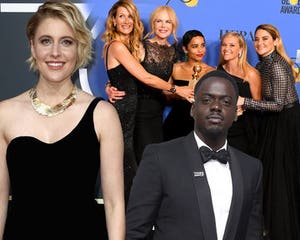 Getty Composite
Getty Composite
The Real Fix Golden Globes Can Make for More Equality in Hollywood
View StoryThe Importance of Female Filmmakers
Even when a female filmmaker finds success, Knightley says subsequent projects still have difficulty getting off the ground. "It's a big problem," she said. "When there are female writers and directors and producers, the parts for women are better, and so the way that society views women through drama is much better and much more well rounded."
Greta Gerwig's "Lady Bird" exemplified this point perfectly for Knightley, who said, "It's absolutely insane that I've never seen something like this on-screen before. I know every intricacy of the relationship between fathers and sons, and even fathers and daughters. The female experience is really not there. So it's extraordinary that in 2017 that seems revolutionary."

